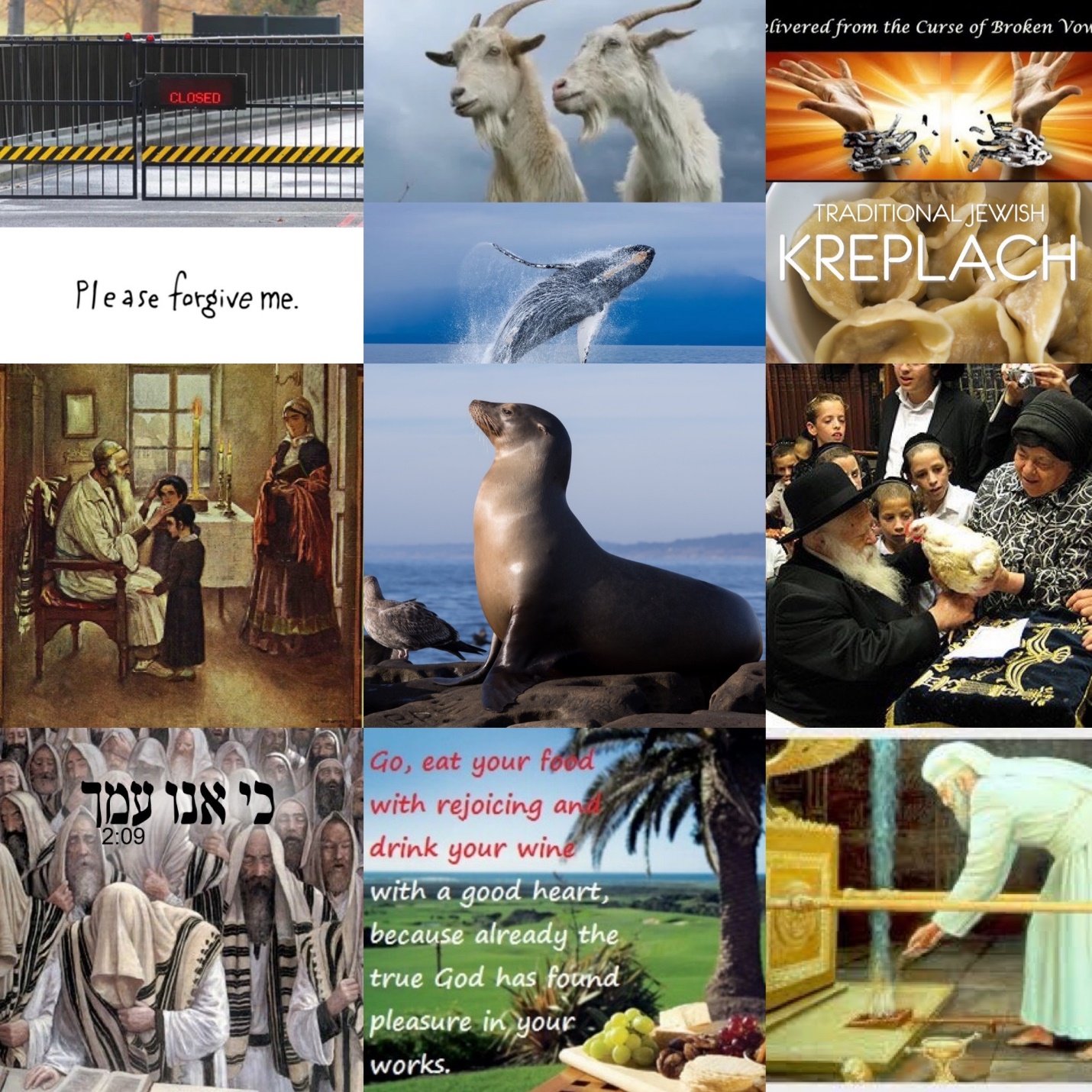PARSHAS BECHUKOSAI
Can you figure out what each picture has to do with the parsha?

Rabbi Dani Staum
KEY to Parshas Bechukosai Pix
Chazak – Bechukosai is the concluding parsha of Chumash Vayikra.
(Rav Yitzchok Sheiner zt”l) Learning Torah – The opening of the parsha promises wonderful blessings “If you will follow in My ways”. Rashi explains following in Hashem’s ways means to toil in Torah study – 26:3
Learn how much you’re worth – The Torah details the laws of eiruchin – someone who proclaims “erchi alay” pledging to donate his/her value to the Bais Hamikdash. The Torah lists the amount that a person must donate based on age and gender – 27:1-8
No exchanges – Once an animal is designated to be used as a korban it may not be exchanged with another animal. If a person did so anyway, both the original animal and the animal used for the exchange are holy – 27:10
Peace and Prosperity – The beginning of the parsha states beautiful blessings, including peace and prosperity, that we merit when we follow the ways of Hashem – 26:6
Blessing or Curse – After stating all the blessings, the Torah lists the harsh rebuke and curses we suffer when we don’t follow the Torah properly – 26:14
Never rejected – Despite the harsh punishments we are made to suffer, Hashem promises us He will never reject us – 26:44
Eliyahu HaNavi – At the end of the rebuke when Hashem states that He will remember His treaty with each of the patriarchs, the name Yaakov is spelled with an added vov (יעקוב). That only happens five times in all Tanach. Rashi explains that Yaakov Avinu took the letter vov from the name of Eliyahu (which is written Eliyah without the vov at the end five times in Tanach) as a security, to ensure that Eliyahu will fulfill his mission of heralding the messianic redemption for the Jewish people, the descendants of Yaakov Avinu – 26:42
1/10 – The end of the parsha mentions the laws of tithing, including that of ma’aser sheni – the second tithe brought up to and eaten in Yerushalayim, and ma’aser beheimah – giving one tenth of one’s animals as an offering to Hashem – 27:30, 32



